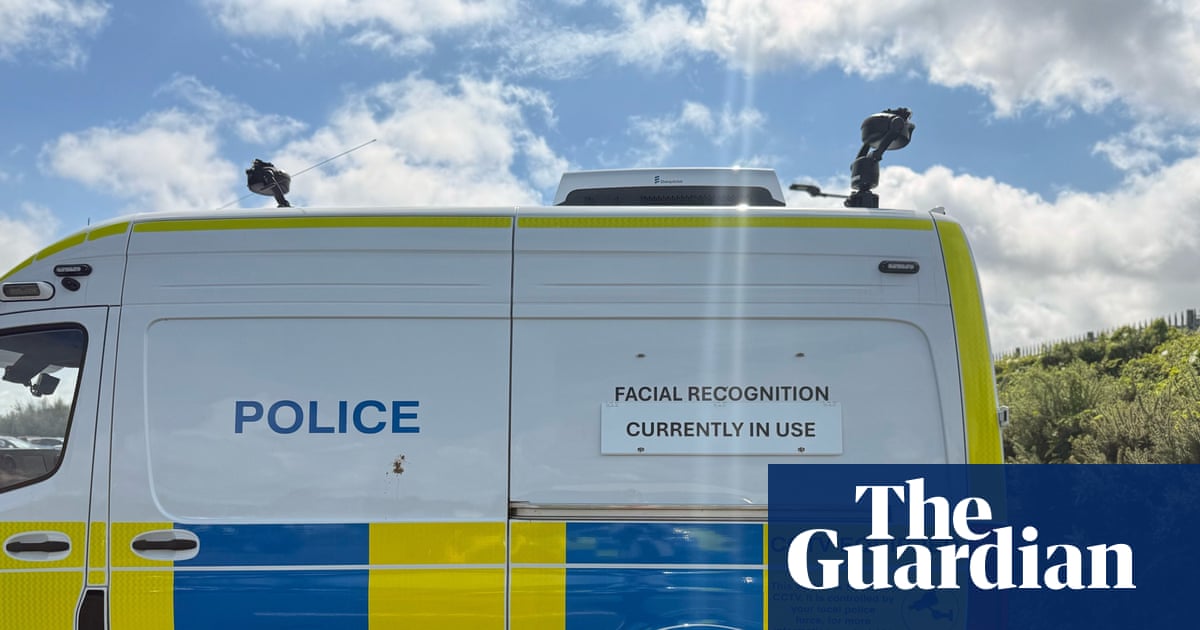
"Scotland Yard's plan to widen the use of controversial live facial recognition technology is unlawful because it is incompatible with European laws, the equalities regulator has claimed. As the UK's biggest force prepares to use instant face-matching cameras at this weekend's Notting Hill carnival, the Equality and Human Rights Commission (EHRC) said its use was intrusive and could have a chilling effect on individuals' rights."
"The EHRC has been given permission to intervene in an upcoming judicial review launched last month by the anti-knife campaigner Shaun Thompson. Thompson, a Black British man, was wrongly identified by live facial recognition (LFR) as a criminal, held by police, then faced demands from officers for his fingerprints. Data seen by the EHRC shows that the number of black men triggering an alert while using the technology is higher than would be expected proportionally, when compared with the population of London, it said."
"LFR technology captures and analyses the faces of individuals passing in front of real-time CCTV cameras. It extracts unique biometric data from each face and compares it against a watchlist of thousands of people sought by the police. There is at present no specific domestic legislation regulating police use of LFR, with police using common law powers instead. The Met insists that the Equality Act 2010 places legal obligations upon them to eliminate discrimination."
The Metropolitan police plan to widen use of live facial recognition (LFR) and intend to deploy it at the Notting Hill carnival. The Equality and Human Rights Commission says the planned use is incompatible with European law, intrusive, and could chill individual rights. The EHRC obtained permission to intervene in a judicial review brought by Shaun Thompson, who was wrongly identified by LFR, detained and asked for fingerprints. Data seen by the regulator found black men trigger alerts at higher-than-expected rates relative to London's population. LFR extracts biometric face data and matches it against police watchlists. No specific domestic legislation currently regulates police use.
Read at www.theguardian.com
Unable to calculate read time
Collection
[
|
...
]